Graham Reid | | 2 min read
Young Marble Giants: Include Me Out
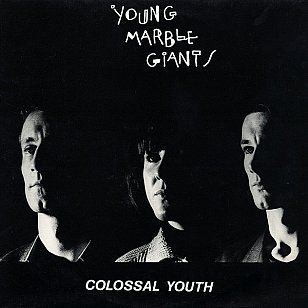
Just as Dylan emerged in the middle of the day-glo psychedelic era on a quieter rural route with John Wesley Harding, and the Cowboy Junkies whispered their way to the foreground amidst the bellicose noise of grunge, so Young Marble Giants emerged in the post-punk era with something quieter and more considered than the jerky anger of bands like Public Image, Gang of Four and The Fall.
Their sole album, Colossal Youth, got a welcome reissue in 2007 as a double disc (it was a triple in the UK, with a Peel Session included) which included the original album, their Testcard EP and Final Day single, and a collection of demos.
The drummerless trio had a low-fi spaciousness and, as with their peers Wire, never exhausted an idea: songs could be less than two minutes long and for them 3.31 was an epic.
YMGs created music of less-is-more impact, paved the way for bands which similarly went for a weary wistfulness using skeletal arrangements, and Colossal Youth was -- surprisingly -- one of Kurt Cobain's favourite albums.
YMGs were guitarist Stuart Moxham, his brother Philip on bass and singer Alison Statton who sounded as coolly detached as Astrud Gilberto . . . but these days our reference points might be a less committed Caroline Herring and others on the ennui/alt.country axis. Or Melanie Pain.
Out of Cardfiff -- which was hardly the hub of British punk or post-punk -- they came off very lo-fi and pared back, understated and eerily removed. If you were looking for counterparts you'd be trawling very deep, they lacked the urgency of Wire and at times some of those slightly distrubing but ambient-like albums on Eno's Obscure label come to mind.
But mostly this was art rock without artiface, and with only a few reservations it sounds as interesting today as it did way back then.
The creepy The Taxi emerges and fades, woodblocks kick off a couple of songs (think the Feelies, again the twitchy nervousness), there are hints of fairground organ and even late Fifties Brill Building pop in miniature. Just strange.
They didn't last long, just one album and an instrumental EP, a single and that was it. The demos on the reissue illustrate just how coherent their vision was right from the start.
They sing about dreadfully mundane matters juxtaposed against the earth-shattering: "As the people are running, the highrise starts to fall while she neatly
wipes her lips" and "Though you think you adore me, secretly you just bore me. When I'm thinking
of something, you always come up nothing."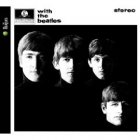
There is an emotional directness in the lyrics while the music, punched out on cheap organ and a drum machine, provides the perfectly unsettling antidote. They are deeply strange yet disturbingly normal, a band which were out of their time making music which seems oddly timeless.
And you gotta love a late-70s band which wanted their album cover to look like With the Beatles.
Yes, they were that un-coolly hip.
These Essential Elsewhere pages deliberately point to albums which you might not have thought of, or have even heard . . .
But they might just open a door into a new kind of music, or an artist you didn't know of. Or someone you may have thought was just plain boring.
But here is the way into a new/interesting/different music . . .
Jump in.
The deep end won't be out of your depth . . .

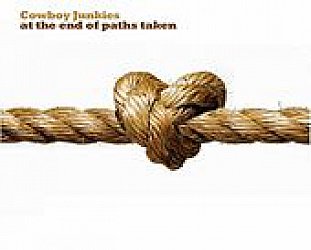
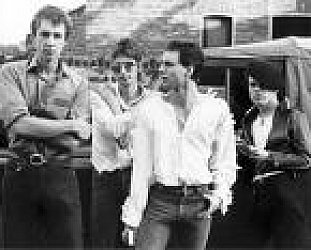
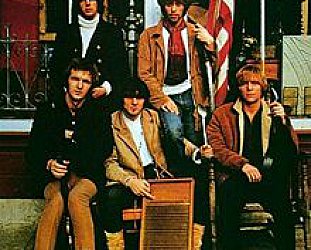

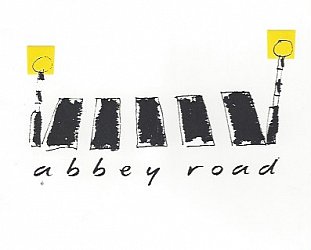
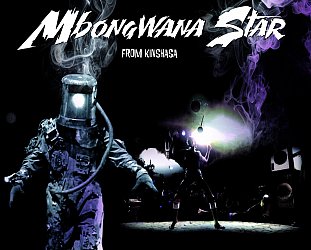
post a comment